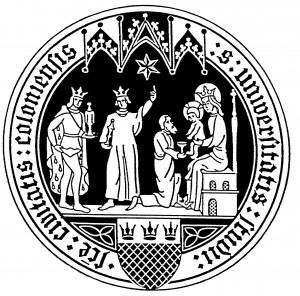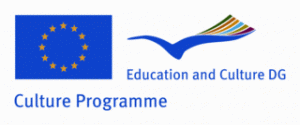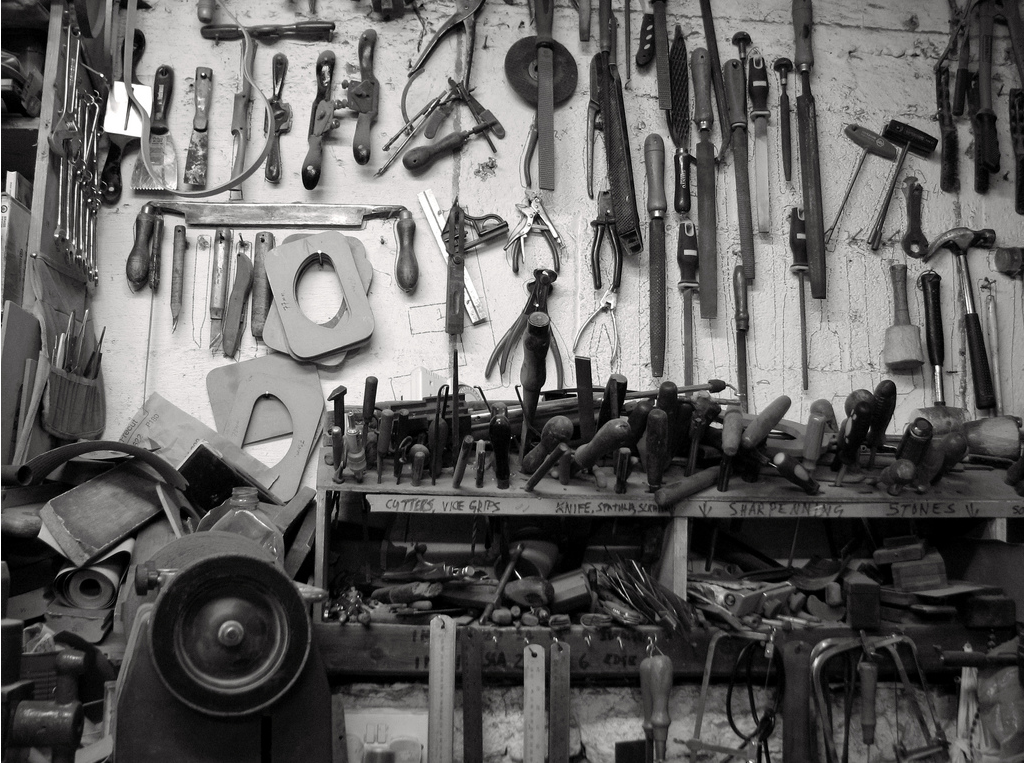Workshop, Cologne, 28.-29. November 2011
The discovered needs for the creation of digital scholarly editions induced the development of very specialized tools for transcribing, annotating and publishing of historical documents and literary texts in the recent years. Most of these tools are produced with very little funding. Hence it is rather irritating that many tools address almost the same requirements. To prevent that developers in the Digital Humanities have to build new tools from the scratch and to focus their forces on certain problems of humanities scholarship it is necessary to establish an active community. The mission of this community would be to develop tools, ideas and strategies collaboratively as well as discussing theoretical aspects of digital tools in the digital scholarly editions.
On the one hand the discussion in a community like this will be rather technical. It should be an exchange on technologies and solutions to be used in this area of Digital Humanities On the other hand it will have to take the working practices of humanistic research into account. The average humanities scholar is still rather illiterate in the application of specialized software tools but is used to general concepts of text processing, internet search engines and hypertext browsing. To avoid that the user interfaces and usability concepts of tools for digital editions generate a negative user experience the developers in the community have to consult with the researcher.
To meet these issues the Institute for Documentology and Scholarly Editing (IDE) in cooperation with the Cologne Center for eHumanities (CCeH) and the International Center for Archival Research (ICARus) organizes a workshop “Developing Tools for the digital scholarly edition”. It takes place 28 and 29 November at the University at Cologne, Germany. The workshop will try to further the development of a well connected digital humanities developers community. It shall present existing tools and ongoing projects and discuss how these tools could be improved to increase acceptance in the humanities scholars community. It addresses an audience of digital humanities developers with interest in the field of digital scholarly editions and humanities scholars interested in discussing the existing tools.
Programm and Participation
Mo 28.11.2011
14:00-14:30
Welcome & adjusting workshop schedule
14:30-16:40
Short presentations of participants projects
17:00-20:00
Discussion
Which are typical problems of digital scholarly editions?
Which solutions exist?
How can we solve the remaining problems?
What can we do better?
Evening:
Dinner & Pubcrawl
Tue 29.11.2011
9:00-9:15
Summing up Monday
9:15-10:15
Continue discussion with focus on most promising and sustainable solutions
10:30-12:15
Discuss technologies; setting up projects; start implementing the discussed solutions.
How can this be done best in a global environement and a world with little funding?
How can we achieve succesful solutions?
12:30-14:00
How to continue?
Is there a future for a Digtital Humanities Developers-community?
How could this community look like?
How could we get funding for further workshops?
Which are the optimal communication platforms?
Place and Time
28./29.11.2011, Cologne
at "Neues Seminargebäude" of the Cologne University, "Tagungsraum" (ground floor, right hand)
http://www.uni-koeln.de/uni/gebaeude/106.html,
http://www.uni-koeln.de/bin2/where.pl?parent.geb106
Participants
Yahya Al-Hajj (Worms)
Tara Andrews (Leuven)
Jonathan Blumtritt (Bonn)
Robert Casties (Berlin)
Timo Coutura (Köln)
Randall Cream (Pennsylvania)
Alexander Czmiel (Berlin)
Daniel Deckers (Hamburg)
Ronald Dekker (Den Haag)
Grant Dickie (College Park, MD)
Franz Fischer (Köln)
Mattias Gärtner (Köln)
Rüdiger Gleim (Frankfurt)
Jochen Graf (Köln)
Eric Andrew Haswell (Kopenhagen)
Ulrike Henny (Köln)
Daniel Hochstrasser (Zürich)
Jörg Hörnschemeyer (Rom)
Thomas Kollatz (Duisburg-Essen)
Dave Lester (College Park, MD)
Gregor Middell (Oxford)
Jose Miguel Monteiro Viera (London)
Geoffroy Noel (London)
Marco Petris (Hamburg)
Martin Raspe (Rom)
Tobias Rindlisbacher (Zürich)
Patrick Sahle (Köln)
Christof Schöch (Würzburg)
Daniela Schulz (Köln)
André Streicher (Köln)
Joris van Zundert (Den Haag)
Gunter Vasold (Graz)
Ubbo Veentjer (Göttingen)
Georg Vogeler (Graz)
Frank Wiegand (Berlin)
Florian Willems (Köln)
Dirk Wintergrün (Berlin)
Moritz Wissenbach (Frankfurt)
Due to the great interest in the workshop unfortunately we cannot accept any further requests for participation.
Institutions
Organized by the IDE, funding by the CCeH and ICARus.




